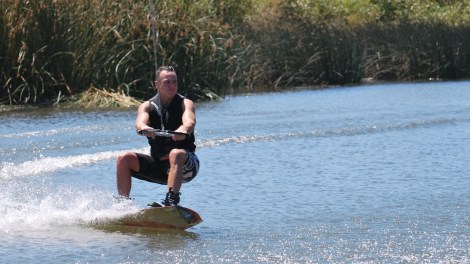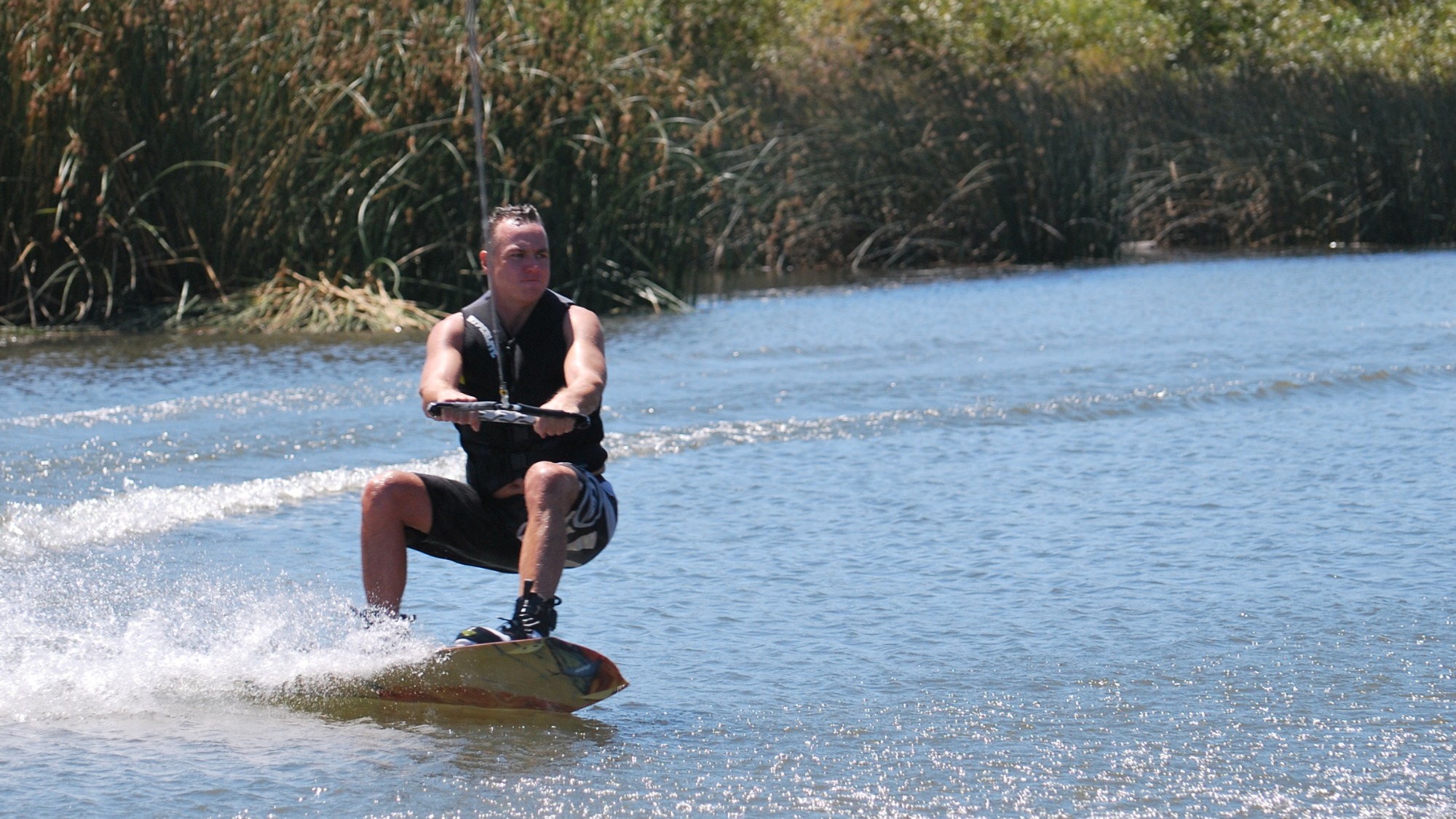
Mike VondranCalifornia rivers like this one will be allowed to run drier this year than ever before.
California has a radical plan for managing its rivers and reservoirs as drought grips the Golden State for the third consecutive year. It could help the state cling to water that would normally flush through rivers and into the Pacific Ocean — at the expense of wildlife and fishing folk who rely on the health of those rivers.
The seven-and-a-half-month plan, developed in consultation with federal officials, doesn’t increase the amount of water that will be delivered to customers, but it makes major changes to how precious drops remaining in snowpacks, reservoirs, and rivers will be managed. The Sacramento Bee hits on the plan’s highlights:
Among other things, the plan calls for further loosening of water quality rules in the Sacramento-San Joaquin Delta, allowing the agencies to keep river flows low to preserve as much water as possible in upstream reservoirs, especially Shasta Lake. Temporary dams are proposed on three Delta channels to allow the remaining freshwater runoff to more effectively push back saltwater intrusion from San Francisco Bay.
It also calls for additional hatchery breeding of endangered winter-run Chinook salmon. Normally, those young salmon would be released into the Sacramento River. But because the river could become too warm to sustain them, some of the fish may be relocated into cold-water habitats where they have not existed for decades, such as Battle Creek near Red Bluff.
Environmentalists are warning that these steps could decimate wildlife populations that rely on Californian rivers for their survival. “It’s a disaster,” sport-fishing advocate Bill Jennings told the Bee. “The storage they’re talking about saving isn’t going to be enough to protect the rivers from high temperatures. It is a complete breach of trust, an almost total rejection of laws and regulations.”
Meanwhile, experts are warning that there is little relief in sight for California, where 99.81 percent of the state is considered to be in drought. “Climate patterns may be in the early stages of aligning to quench the state’s thirst,” writes Climate Central reporter Andrea Thompson. “[B]ut if that happens — and there are no guarantees — it won’t happen until after the dry season ends, a long six months or more to wait until dwindling reservoirs are replenished.”



